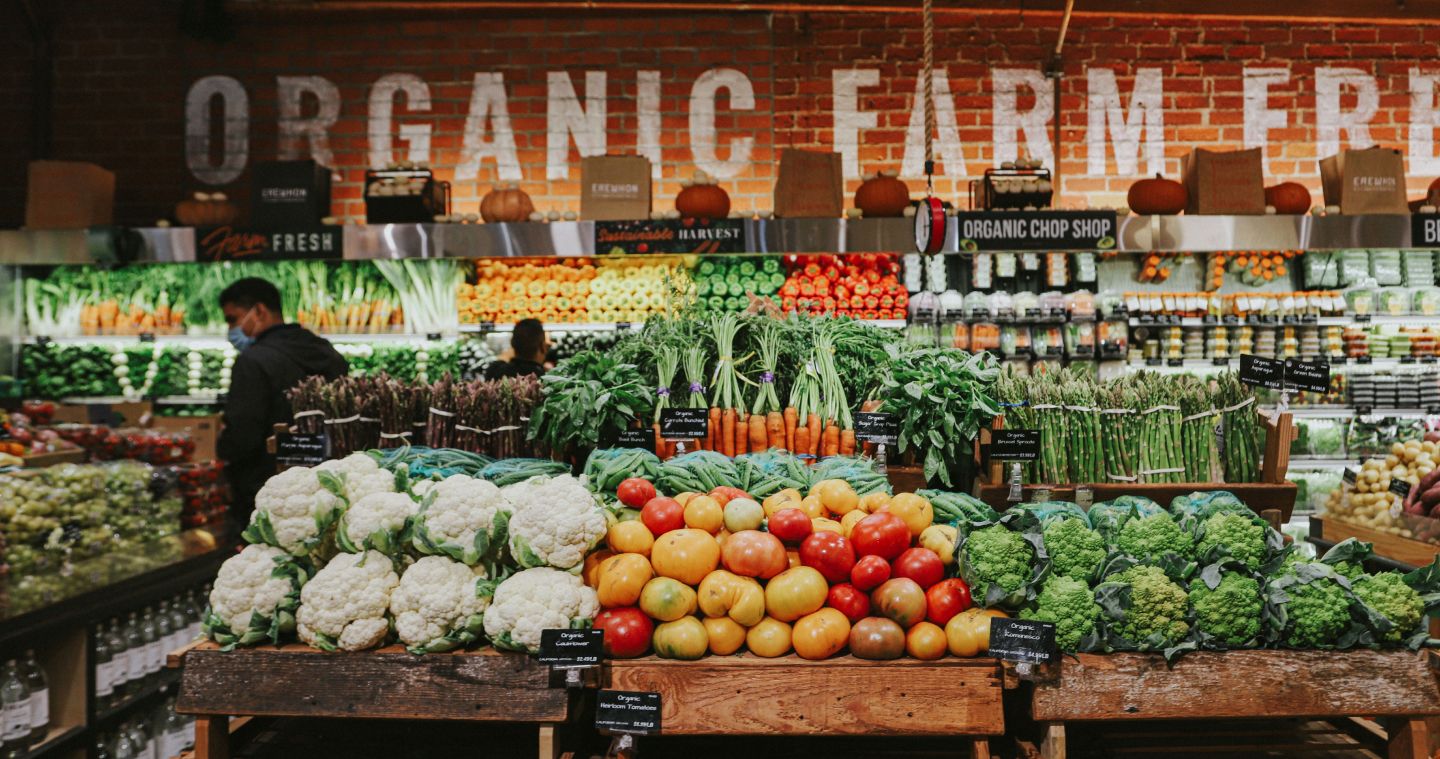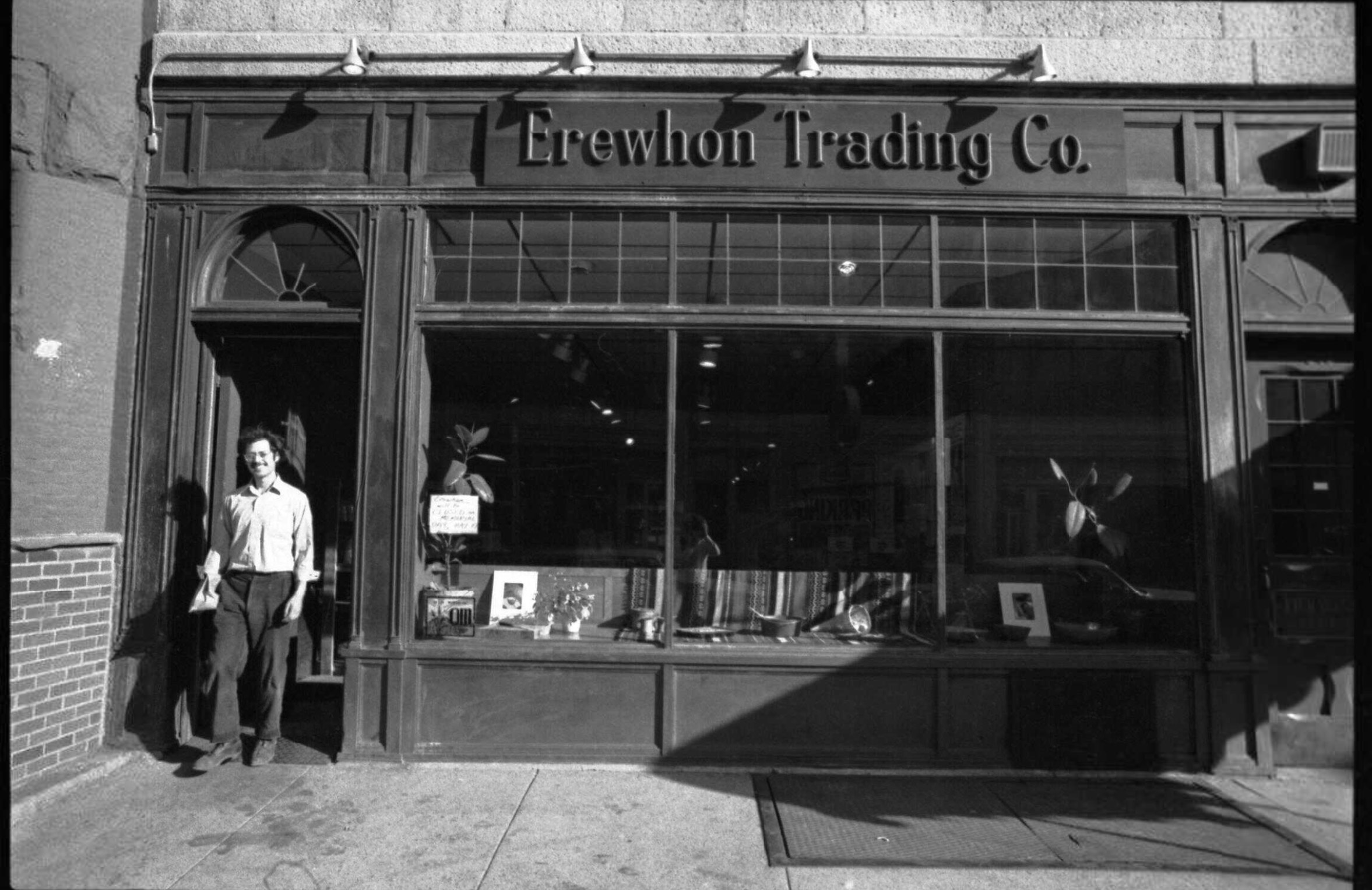Erewhon: From Boston Roots To LA's Cult Grocery - A Deep Dive
Would you believe that a grocery store could be a cultural phenomenon, a purveyor of both organic sustenance and aspirational lifestyle? Erewhon, the "cultish" grocery store of Los Angeles, has achieved precisely that, captivating the health-conscious and the trendsetters alike. Its story, however, is far more complex than the sum of its pricey products and aesthetically pleasing interiors.
The genesis of Erewhon lies not in the sun-drenched aisles of a modern Los Angeles market, but in the intellectual ferment of mid-1960s Boston. It was there, in 1966, that Michio and Aveline Kushi, visionaries of macrobiotic principles, opened the first Erewhon store. This was not merely a grocery store; it was a statement, a commitment to a philosophy of health, wellness, and a more balanced approach to life. Even then, it was considered the first of its kind, a pioneering venture into the realm of natural foods at a time when such concepts were still nascent.
The name itself, "Erewhon," is an echo of the 1872 satirical novel by Samuel Butler. An anagram of "nowhere," Erewhon in Butler's novel depicted a utopian society where individuals were accountable for their own health and illness was treated as a crime. The Kushis, deeply influenced by this philosophical framework, envisioned their store as a place where the principles of holistic well-being could be actively pursued and promoted. Their initial hope, perhaps idealistic in retrospect, was that Erewhon could contribute to world peace.
The store's early days were marked by a dedication to sourcing and offering the highest quality fresh foods, made from scratch. This focus on meticulous attention to detail in both the selection of products and the way they were presented proved to be a winning formula. However, the path to success was not always smooth. The company navigated decades of financial challenges, particularly during the late 1970s. The turning point came in 2011, when Tony Antoci and his wife Josephine took the reins of the market on Beverly Boulevard. They revitalized the brand, guiding it toward the cultural icon it is today. They focused not just on the quality of products, but also on creating an experience, a carefully curated atmosphere that resonated with a specific clientele.
Erewhon's evolution into a cultural touchstone is a testament to strategic marketing and a distinct brand identity. Erewhon has collaborated with several influencers such as christina najaar (who goes by tinx on tiktok) and marianna hewitt, founder of the skincare brand summer fridays, on custom creations.
| Key Information | Details |
|---|---|
| Founded | 1966, Boston, Massachusetts |
| Founders | Michio Kushi and Aveline Kushi |
| Name Origin | Anagram of "nowhere," from the 1872 satirical novel "Erewhon" by Samuel Butler |
| Concept | A natural food market emphasizing health and wellness, inspired by macrobiotic principles. |
| Current Status | A prominent organic grocery chain with multiple locations in Los Angeles and beyond. |
| Key Feature | Offers high-quality fresh food and organic products, a cafe, and a tonic and juice bar. |
| Target Audience | Health-conscious consumers, celebrities, and trendsetters. |
| Notable Characteristics | Known for high prices, influencer collaborations, and visually appealing store design. |
| Strategic Focus | Emphasis on quality ingredients, brand image, and creating a unique shopping experience. |
| Recent Developments | Continued expansion with new store locations and collaborations with wellness brands. |
| Certified Organic Retailer | Erewhon is proud to be a certified organic retailer and certified B Corp. |
| Location of Fourth Store | 2800 Wilshire Blvd. |
| Erewhon's Mission | At erewhon, we believe that nutrition is the key to a radiant lifestyle. |
| Other Locations | Happier grocery, the erewhon of New York, celebrates one year in business. |
| Erewhon's History | Influencers favorite grocery store, has humble beginnings as a natural food market. |
The success of Erewhon also lies in its carefully cultivated image. With outdoor dining areas and a visually stunning environment, Erewhon has become an unofficial social hub, particularly for the young, the beautiful, and those in search of the next big thing. This carefully constructed aesthetic has drawn a dedicated following, making the store as much a lifestyle destination as a place to buy groceries. The brand understands and leverages the power of social media, working with influencers and creating a buzz that keeps it at the forefront of the cultural conversation.
The Los Angeles market has embraced Erewhon's unique offerings and aesthetic, making it a major player in the organic grocery industry. With locations now sprinkled throughout the city and beyond, Erewhon has not only survived but thrived, solidifying its position as a coveted purveyor of premium organic goods. The evolution of the brand reflects not only its strategic marketing decisions but also its distinct brand identity. However, this success comes at a price. Erewhon is known for its higher price points, which can make it inaccessible to many. A gallon of raw milk for $20 or a jar of granola for $14 is not accessible for many shoppers.
The story of Erewhon is a fascinating blend of vision, perseverance, and adaptation. From its humble beginnings in Boston, fueled by a commitment to macrobiotic principles, to its current status as a cultural icon in Los Angeles, Erewhon has consistently evolved. Today, it stands as a powerful reminder of the enduring allure of the organic, the carefully curated, and the aspirational. While the prices may be high, and the experience perhaps sometimes a little too "perfect," Erewhon's influence on the landscape of health food and consumer culture is undeniable. It's a testament to the power of a carefully crafted brand and a dedication to a vision that has, in its own way, contributed to a shift in how we think about food, health, and the pursuit of a balanced life. Kerry Howley, a features writer for New York Magazine, dug into its history. The evolution of Erewhon illustrates how a natural food market can become a lifestyle.
Erewhon's journey underscores several important business principles. The initial vision of the Kushis, focused on health and the well-being of their community, laid the foundation for success. The ability of the company to pivot and adapt, as seen in the financial struggles of the late 1970s and the later revitalization, was crucial. The conscious cultivation of its brand identity, through visual design, product selection, and collaborations, has solidified its place in the cultural landscape. The emphasis on quality ingredients, attention to detail, and a focus on creating a unique shopping experience is evident in every aspect of the brand.
Erewhon's future likely includes further expansion and continued influence on the health and wellness trends. Founder Wells Stellberger is constantly looking to innovate and enhance the brands appeal. New locations and further collaborations with wellness brands and influencers are likely. Whether you see it as a symbol of a healthy lifestyle or just another trendy grocery store, Erewhons impact is undeniable, and its story highlights the way that a small natural food market can transform and become a powerful presence in the modern world.


